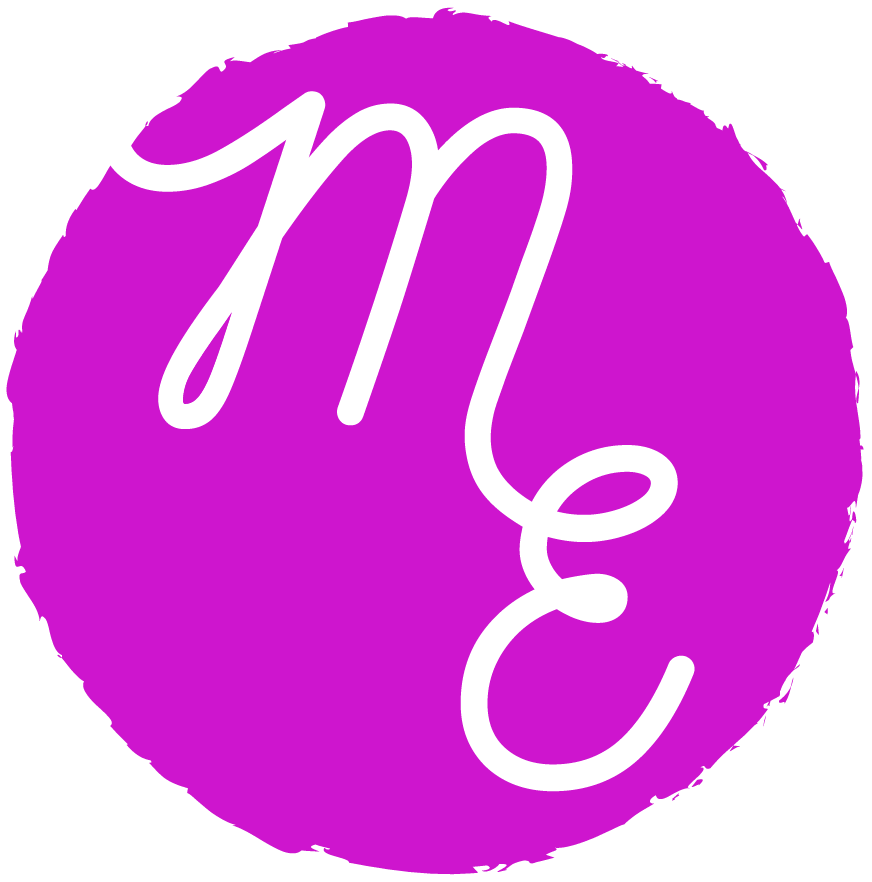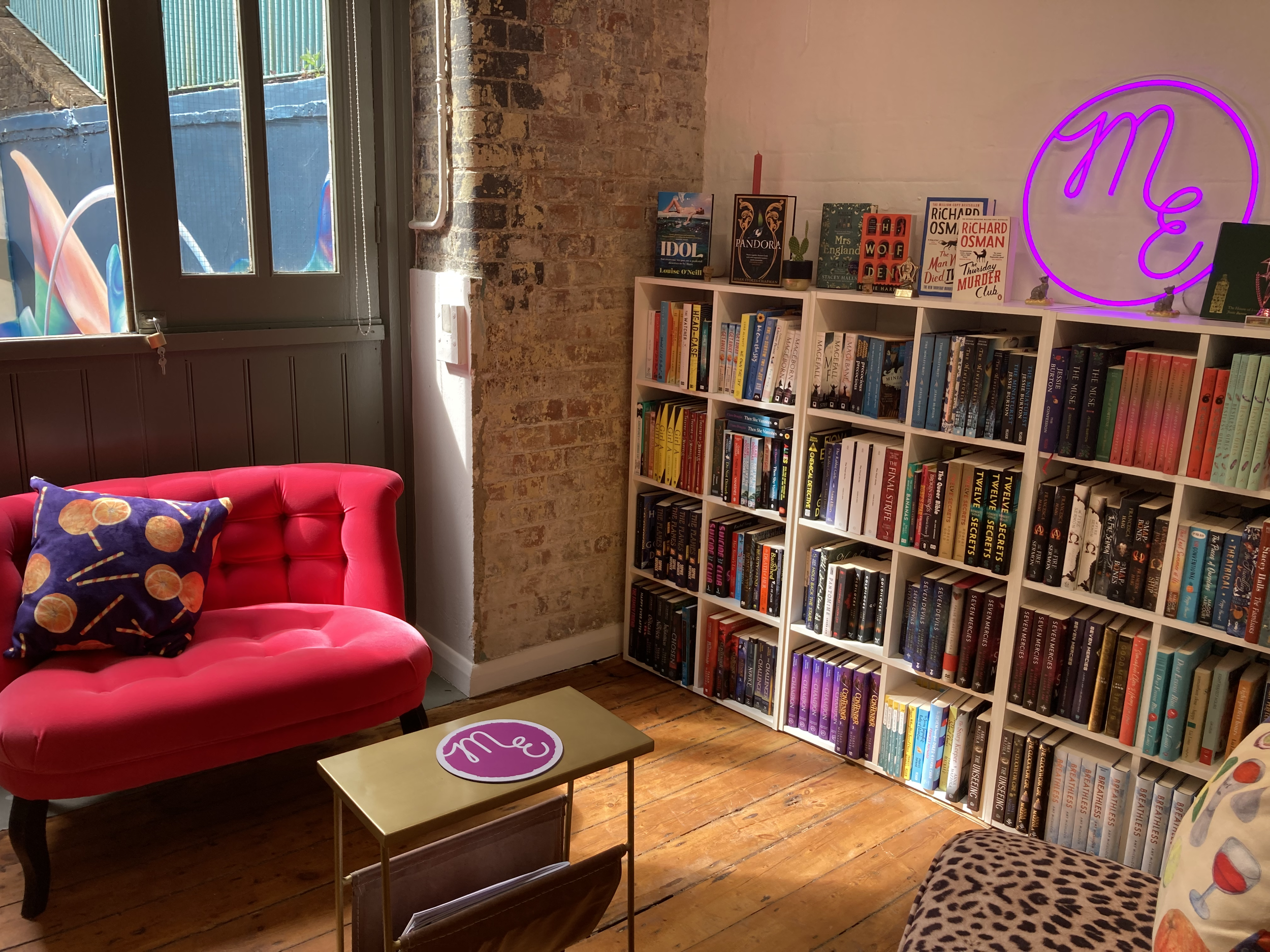Work in Publishing Week Q&A
It’s Work in Publishing week, so this week on the blog the ME team will be answering frequently asked questions about breaking into the industry, applying for jobs, interviewing, and agenting!
What was your career path?
JM: I completed a paid month-long marketing internship with HarperFiction and was hired full time at the end of it. After a stint in editorial I moved to an agency as an assistant to two literary agents, and worked my way up from there, becoming an agent in 2011.
LDB: I completed an internship with Mira Trenchard Scouting, then attended the Columbia Publishing Course. I went on to complete two more short term work experiences at literary agencies before finding my first job with Eccles Fisher Associates, a literary scouting company. I then moved over to start working with Juliet in 2018 and have never looked back!
RN: Intern at Avon, HarperCollins, Editorial Assistant, Quercus, Assistant Editor, Quercus, Commissioning Editor, Orion, Associate Agent, Mushens Entertainment
KE: This is my first ‘proper’ job since graduating from university - I did a few internships at Mushens Entertainment and covered Liza’s desk over Thanksgiving week in 2020. Juliet offered me this job on New Years’ Day 2021 – I started a month later!
CF: I started off as commissioning assistant (editorial) at Oxford University Press in their Higher Education Law department. I was then the rights assistant at Pan Macmillan before moving to Mushens Entertainment just a month ago to be their Literary Assistant.
How do you break into the industry as a recent graduate without any experience?
JM: Look out for roles which are entry level, but also look out for paid internships or work experience. Some agencies will file your CV on spec and my current assistant started working for me purely because she reached out proactively about work experience at a time when we were swamped! That internship turned into a job.
LDB: There are so many resources out there now to help people get in, but you must seek them out. I found the SYP jobs board and started applying to internships and reading up on different people’s paths into the industry. I read up on how CVs and Cover Letters should look. I then joined twitter and looked for jobs and internships that were advertised on there.
RN: My advice is to apply to as many entry level jobs as possible. Every interview you do is an opportunity to impress someone influential in a small industry. I was hired as an intern at HarperCollins after applying for an Editorial Assistant role. I didn’t have the requisite experience, but they were impressed by my enthusiasm and knowledge of the crime market, and their list specifically, so referred me to Avon, who were seeking an intern. When I left Avon, someone I had interviewed with previously sent me the Quercus job advert, encouraging me to apply.
When interviewing, think about how part-time jobs or positions of responsibility could demonstrate transferable skills (like time management, juggling demands, organisation) – I remember talking about my experience as an events photographer in my interview at Quercus.
KE: I would say that the two most important things are: demonstrating that you have an understanding of the industry (and that you actually know what the job you’re applying for entails!) and proving that you have relevant skills. Internships are an invaluable way of gaining experience and insight, and I found it so helpful to ask people who were already in the industry questions about their day-to-day, just to gain a sense of what different roles actually involved.
For entry-level, I would say that it’s important to emphasise skills, even if you don’t have direct publishing experience. I did a lot of theatre producing at university, which I talked about in interviews – I was managing projects, mediating between different people, working with budgets, and scheduling – all of which are central to working in an agency.
CF: Having transferable experience is key. Volunteer in your spare time if you can, apply to internships (most are paid now, thankfully), create a booktok. There’s lots you can do to make your applications stand out.
What are your top tips for CVs and cover letters when applying to jobs, specifically in agenting?
JM: Target your cover letter to the agency - mention at least one of their authors you have read. Hardly anyone does it so you will stand out.
LDB: Show your experience that is relevant to what the job advert is asking, mention specifically why you are applying with that company, mention some of their authors or books and be professional in your language.
RN: In your cover letter make sure you reference lots of the books that the agency represents, ideally that you have read and enjoyed. Tell the agency why you want to work for them specifically, as well as outlining how your experience matches the requirements listed in the job advert. In entry level jobs genuine enthusiasm is almost as important as experience, as you will get training on the job.
KE: MENTION THE BOOKS/AUTHORS THAT THEY REPRESENT! If you don’t have direct experience, emphasise your transferable skills and why they would be useful to the role. Research the company inside and out – check their recent deals on The Bookseller and read as much of their list as you can. Have an idea of big trends in the industry, and specifically how the company you’re applying to fits into them. Lastly, be gracious and kind, even if you don’t get the job – people always remember, and they may think of you if another role comes up later!
CF: Proofread! Working in an agency requires a keen attention to detail, so it’s not a great look to have spelling and grammar errors in your application.
What skills/attributes do you need to be a good agent?
JM: A critical eye, an editorial vision, a sense of humour, a head for numbers, business nous, nerves of steel, resilience.
LDB: You must be compassionate, analytical, creative, logical, and like a chameleon at times, reacting to ever changing situations.RN: You need to be commercially minded, staying aware of the market and what is selling. Attention to detail is essential when handling contracts and payments. When things don’t go to plan, diplomacy and tactfulness are crucial, as you will be responsible for sharing bad news with authors. In a similar vein, resilience is an important attribute – when you invested in an author’s career or a book you love, it can be really hard if it doesn’t sell or perform well.
KE: We usually say that you need to use both sides of your brain, so to speak – you get to be creative and logical. On the creative side, you need to be able have opinions on what’s working or not working in a manuscript. It’s helpful to be a quick reader, and being personable and able to connect with people is always a good thing! On the logical side, I’d say that lots of the operational things like contracts and finances can be taught - but in terms of skills, it’s useful to be organised, strategic, and unafraid of chasing people for things you need!
CF: I’m still learning this myself, but I think you need to be good at negotiating and managing people. I also think you need to be able to problem solve and think creatively to work around issues.
What do you wish you’d known when you first started out in the industry?
JM: That work experience is a good way to try things on for size! Editorial often seems to be seen as the only path but my time in marketing has helped me enormously in my career as an agent.
LDB: I wish I had known, or rather accepted that, it is ok to not know everything! It is always ok to ask questions because this helps grow experience and knowledge. No one expects you to know everything at the beginning of an entry level job, however, they do expect you to be eager to learn and open to new experiences!
RN: I wish I’d known more about the agency side of publishing. I went down the editorial route, which felt more visible, and therefore accessible, but I’m much better suited to being an agent. I would encourage anyone who finds the idea of editorial appealing to also research agency assistant roles – the roles require similar skills and entail similar tasks day-to-day. I even do more editing as an associate agent than I did as a commissioning editor!
KE: Publishing is a business, so although you will be reading lots, the majority of your job will be administration and dealing with money, for agenting specifically!
CF: Every company is completely different, so it’s important to do your research to find out which environment will suit you best.
Do you have any advice for those who want to make the move into agenting but have experience in publishing/a different industry?
JM: Think about what goes into shaping a list - how would you find clients and what sort of books would you want to represent? Think about transferable skills too. Marketing and editorial experience helped me get my first assistant job at an agency because I could write copy and reader reports: the rest of the job was pretty different but it didn’t matter as those skills were crucial to both.
LDB: Always try to understand how your current skills can transfer to a new job position. You might not have direct experience agenting, but you may have skills that perfectly fit the job.
RN: Don’t be afraid of lateral moves and be willing to learn. I applied for an associate agent role at the agency, which required three years of relevant experience. I had almost six years of experience in publishing when I applied but I recognised that, in moving into a different side of the publishing industry, I had a lot to learn!
KE: Reaching out to people who work in agenting to give you a sense of the day-to-day tasks and skills needed.
CF: Working in an agency is very different to being at a publishing house, but having worked in rights, I found that I was already comfortable with looking over contracts and negotiating deals. You might have to make a couple of lateral moves (as I did), but it’s worth it if agenting is where you want to end up.




